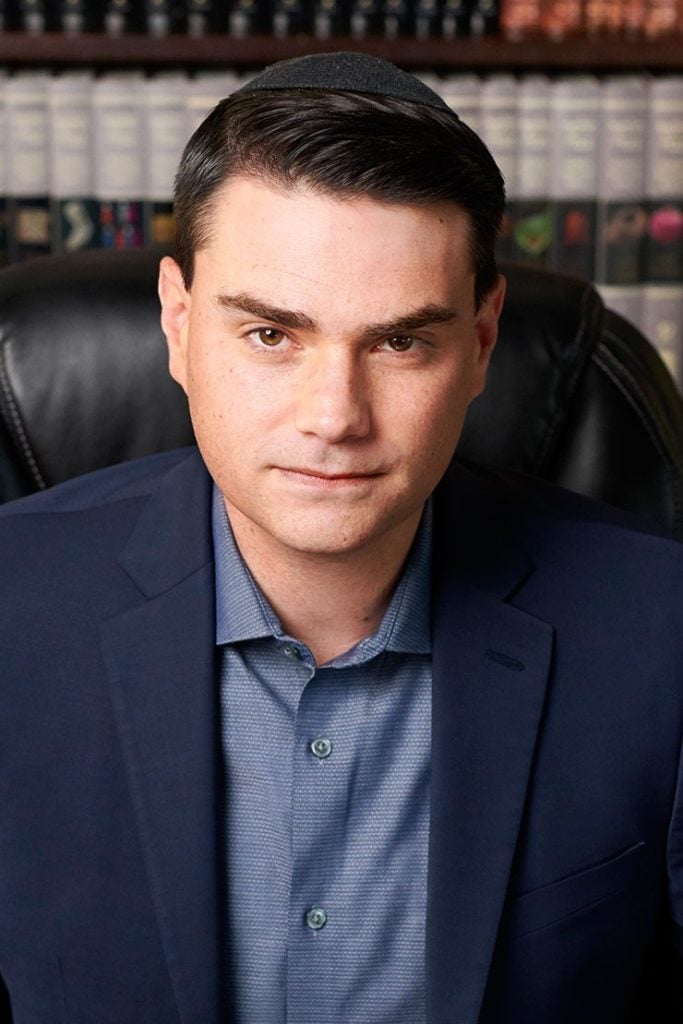Self-talk is a big thing. Whether we say something out loud or in our head, most of us talk to ourselves. It can be as simple as, “Don’t forget to take out the trash,” or as motivational as, “I’ve got this.”
It seems that our pandemic world has taken self-talk to a new level. Maybe it’s because there are fewer people around us. I made a note of some of the more frequent things we say to ourselves—from thoughtful to optimistic to possibly harmful. Here is a small sampling.
“It’s only five pounds.” This is often preceded by “The last time I weighed myself” and is sometimes followed by, “Well, we need some bulk to gear up for old age.” It’s true that most of us can cite a relative or parent who got scarily thin in later years with no reserve when illness struck. So at the core, this self-talk has truth, though “the last time I weighed myself” feels like a loophole that throws “only five pounds” into doubt.
“We’ve learned through COVID that we don’t need much.” In the early months of COVID, the streets were littered with piles of possessions being thrown out or given away. We were channeling Marie Kondo. I realized that I wear one of three pairs of jeans on most days. This made me wonder as I glanced at my closet, “Why so many pants?” I can always explain away, but I also know the truth.
Except that it’s not “We don’t need that much.” Rather, “We need different.” We need more human contact, easier get-togethers, less anxiety. We actually need a lot—it’s just not the material possessions that we’ve worked hard to afford.
“The kids will come around.” This is my favorite. For the most part, our kids are very different from us, and we see this in so many ways. What they expect, how they work, how they socialize, and the language they use to communicate suggests a different modus operandi.
We worry whether our kids will make the “right choices.” We ask, “Why can’t they get a job like we did?” Answer: Those jobs mostly don’t exist. We ask, “Why are they always talking crypto?” Answer: Because they can. They know things that we don’t.
Maybe “The kids will come around” should really be, “Maybe I’ll come around.” Maybe we need to remember the expectations our parents had of us that felt off-kilter. It’s hard to be open-minded when our world feels so scary, and yet never do open minds matter more. We can start by repeating, “Ethereum” (a cryptocurrency) ten times in various sentences. It’s part of the playbook called, “Fake it till you make it,” as we work to build a cross-generational bridge.
“We’ll get back to normal, and boy, will we appreciate it!” This self-talk is used to reassure ourselves. We won’t always be in this sorry state. This is when we break out into singing Annie’s, “The sun will come out tomorrow,” or remind ourselves that rainbows usually follow a storm.
The challenge here is defining “normal.” No doubt there will be a new normal, but what will it be? Will masks continue to dominate? Is going hybrid a permanent workforce change? Will having a slight cough lead to panic? If we can restore connections with people, and rediscover energy at work and in our communities, then we will be “back to” something that we appreciate.
“I am doing fine.” How often do we falsely claim this state of being? It’s a pernicious form of denial that inhibits our ability to really be “doing fine.” But we say this so that we don’t sound or feel pathetic. Recent tracking data from the Kaiser Family Foundation cites 56 percent of all households have members experiencing significant depression, anxiety, and more. If you are a health care provider, the number increases to 64 percent. This puts those not doing fine in good company.
Bottom line: “I’m doing fine” is the most dangerous self-talk of all. Honesty is essential, as is the need to reach out and find support.
Yes, the pandemic has changed much of what we say to ourselves, which speaks to a larger truth about how we see our world. We should use self-talk as an opportunity for candid introspection. That’s what we deserve. It’s also how we serve our loved ones best.
























